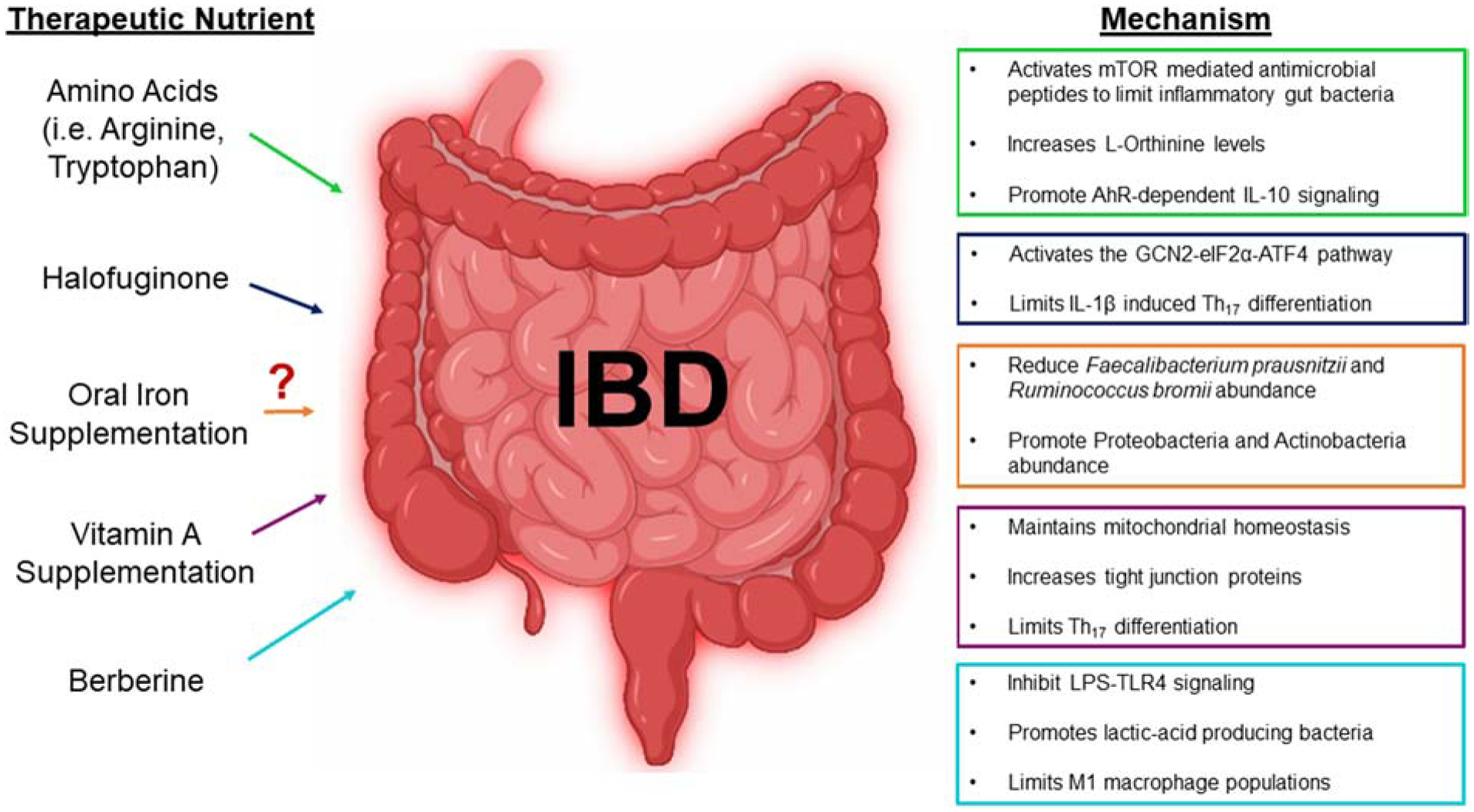Figure 2: Dietary therapeutics and their mechanism(s) for alleviating IBD.

Intestinal inflammation is associated with severe malabsorption of various nutrients such as amino acids, iron and vitamin A. This has introduced supplementing these lost nutrients as therapeutics. While amino acids and vitamin A have shown positive results, recent research questions the intake of oral iron. As an alternative to resupplying nutrients, introducing the plant alkaloid, halofuginone, has been indicated to activate the GCN2 receptor that responds to nutrient starvation and limit inflammation. Additionally, supplementing herbs, like berberine, has been highlighted for anti-inflammatory properties. Key words: mammalian target of rapamycin (mTOR), aryl hydrocarbon receptor (AhR), interleukin 10 (IL-10), General Controlled Nonderepressible 2 (GCN2), eukaryotic translation initiator factor 2α (eIF2α), activating transcription factor 4 (ATF4), interleukin-1β (IL-1β), lipopolysaccharide (LPS), Toll-like receptor 4 (TLR4), pro-inflammatory macrophages (M1).
